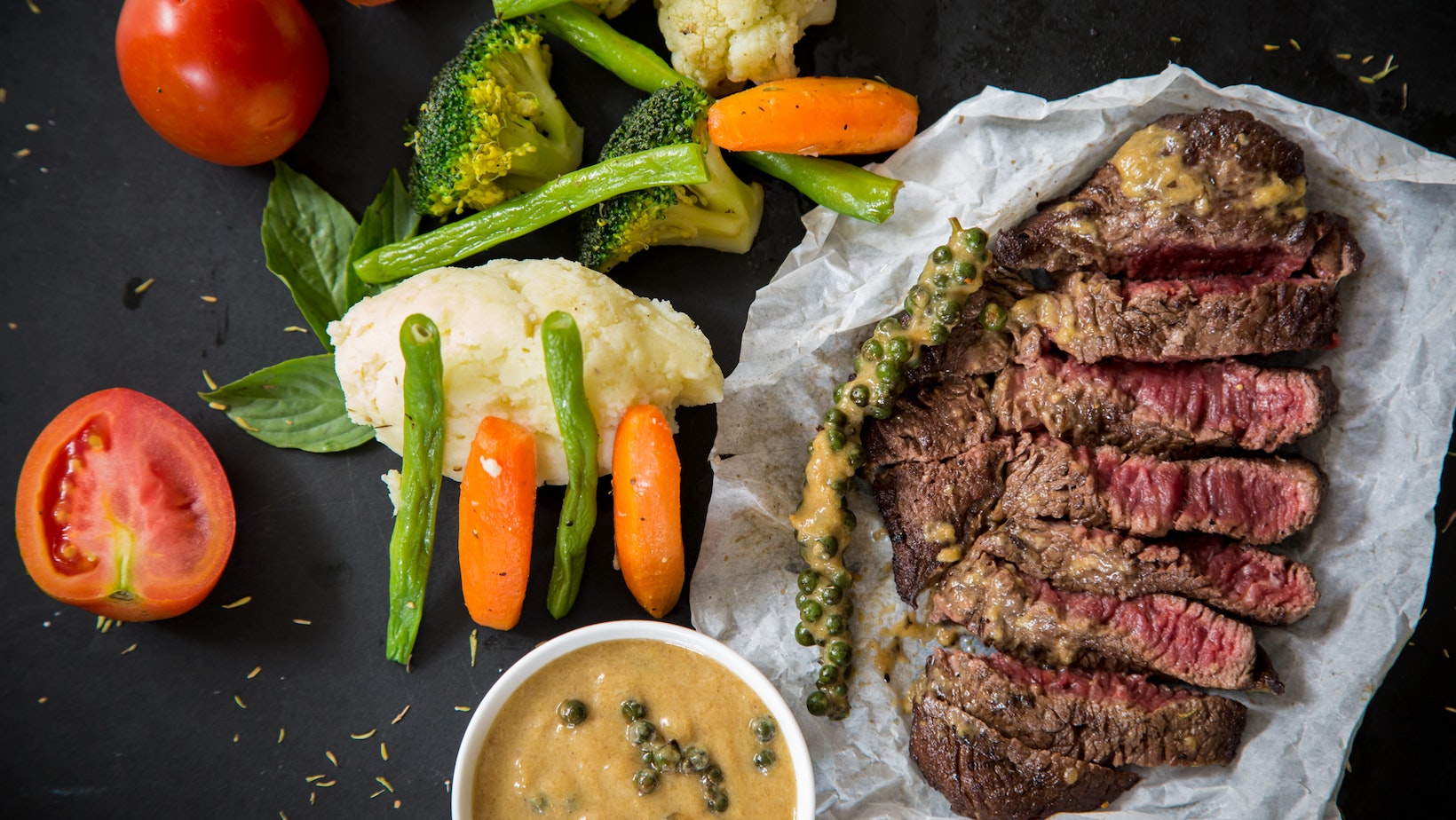
Is Beef Jerky Good For Keto
Beef jerky is a popular snack, known for its flavorful taste and chewy texture. But if you’re following a keto diet, you may be wondering if beef jerky is a good choice. Well, the answer is yes! Beef jerky can be an excellent option for those on the keto diet.
One of the main reasons why beef jerky fits well with the keto lifestyle is its high protein content. Protein is essential for maintaining muscle mass and promoting satiety, which helps to keep you feeling full for longer periods. Additionally, protein plays a crucial role in the ketogenic diet as it provides your body with a steady source of energy while keeping carbohydrates low.
Another advantage of beef jerky on keto is that it’s low in carbs and sugar. Most traditional beef jerkies are made without any added sugars or artificial ingredients, making them suitable for a low-carb lifestyle. When choosing beef jerky for keto, it’s important to read the nutrition label carefully to ensure there are no hidden sugars or high carbohydrate contents.
So next time you’re craving a savory snack while following the ketogenic diet, reach for some delicious beef jerky. Its high protein content and low carb profile make it an ideal option to satisfy your hunger while staying in ketosis. Just remember to choose varieties without added sugars or excessive carbs to fully reap the benefits of this tasty treat.
The Basics of the Keto Diet
Let’s dive into the fundamentals of the keto diet. It’s important to understand what this dietary approach entails before we delve into whether or not beef jerky is a good fit for it.
- What is the keto diet? The ketogenic diet, or keto for short, is a low-carb, high-fat eating plan that aims to put your body in a state of ketosis. Ketosis occurs when you consume very few carbohydrates and your body starts using fat as its primary fuel source instead of glucose. This metabolic shift can have various benefits, such as weight loss, improved mental clarity, and increased energy levels.
- How does it work? To achieve ketosis, you need to drastically limit your carb intake while increasing your consumption of healthy fats and moderate amounts of protein. Typically, the macronutrient breakdown for a standard ketogenic diet is around 70-75% fat, 20-25% protein, and 5-10% carbohydrates.
- What foods are allowed on the keto diet? While following a keto diet, you’ll want to focus on whole foods that are low in carbs but rich in healthy fats and nutrients. Some examples include:
- Meats: Beef, poultry (like chicken and turkey), pork
- Fish: Salmon, tuna, trout
- Eggs: A versatile source of protein and healthy fats
- Non-starchy vegetables: Leafy greens (spinach, kale), broccoli, cauliflower
- Nuts and seeds: Almonds, walnuts, chia seeds
- Healthy oils: Olive oil, coconut oil
- Potential benefits of the keto diet: The main appeal of the keto diet lies in its potential health benefits beyond just weight loss. Some studies suggest that it may help improve insulin sensitivity and lower blood sugar levels in individuals with type 2 diabetes. Additionally, the keto diet has been found to be effective in reducing seizures in some children with epilepsy.
Remember, before making any significant dietary changes, it’s always a good idea to consult with a healthcare professional or registered dietitian who can provide personalized advice based on your specific needs and health goals.
Now that we’ve covered the basics of the keto diet, we can delve into whether beef jerky is a suitable snack option for those following this eating plan. Stay tuned!

